Clinical Nurse Specialists
In order to become a clinical nurse specialist, or a CNS, you must pursue a Master’s degree in nursing, pass a National Council Licensure Examination (NCLEX-RN) and garner at least one year’s working experience as an RN. In order to focus on research as a CNS, you must pursue a doctoral degree.

Clinical Nurse Specialists
Nursing-Related Healthcare Services
In 2018, there were about 3.1 million registered nurses working in the United States. Of those jobs, about 60% are in hospital work, 18% in ambulatory services, 7% in nursing and residential care facilities, 5% in government-related work, and 3% in educational environments.
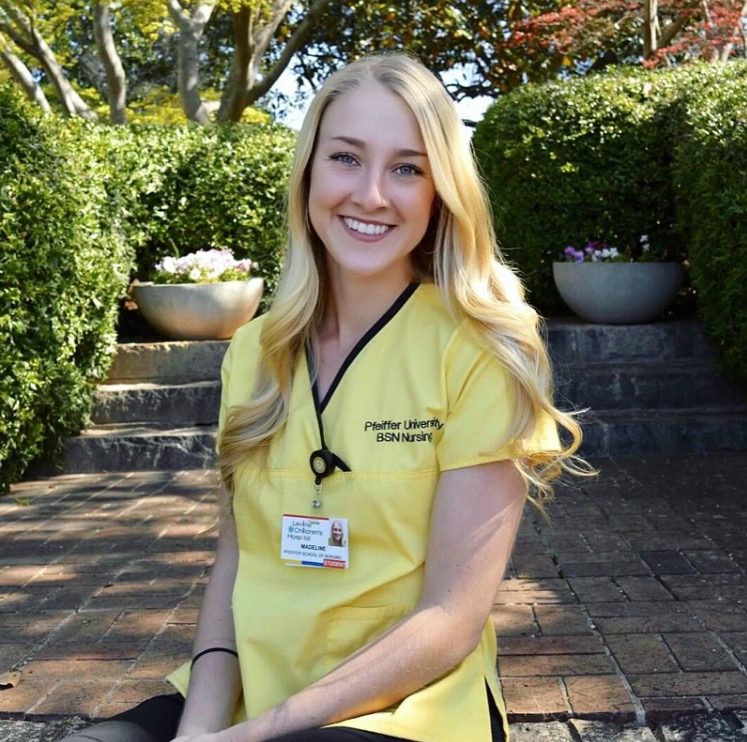
Nursing-Related Healthcare Services
Nurses On-Call
Typically, nurses work in shifts in order to provide consistent 24-hour care to patients, whether during weekends, nights, or holidays. Many nurses work on call, and must be available with short notice. The American Association of Colleges of Nursing data states that nurses hold the largest sector of the healthcare workforce in the U.S.
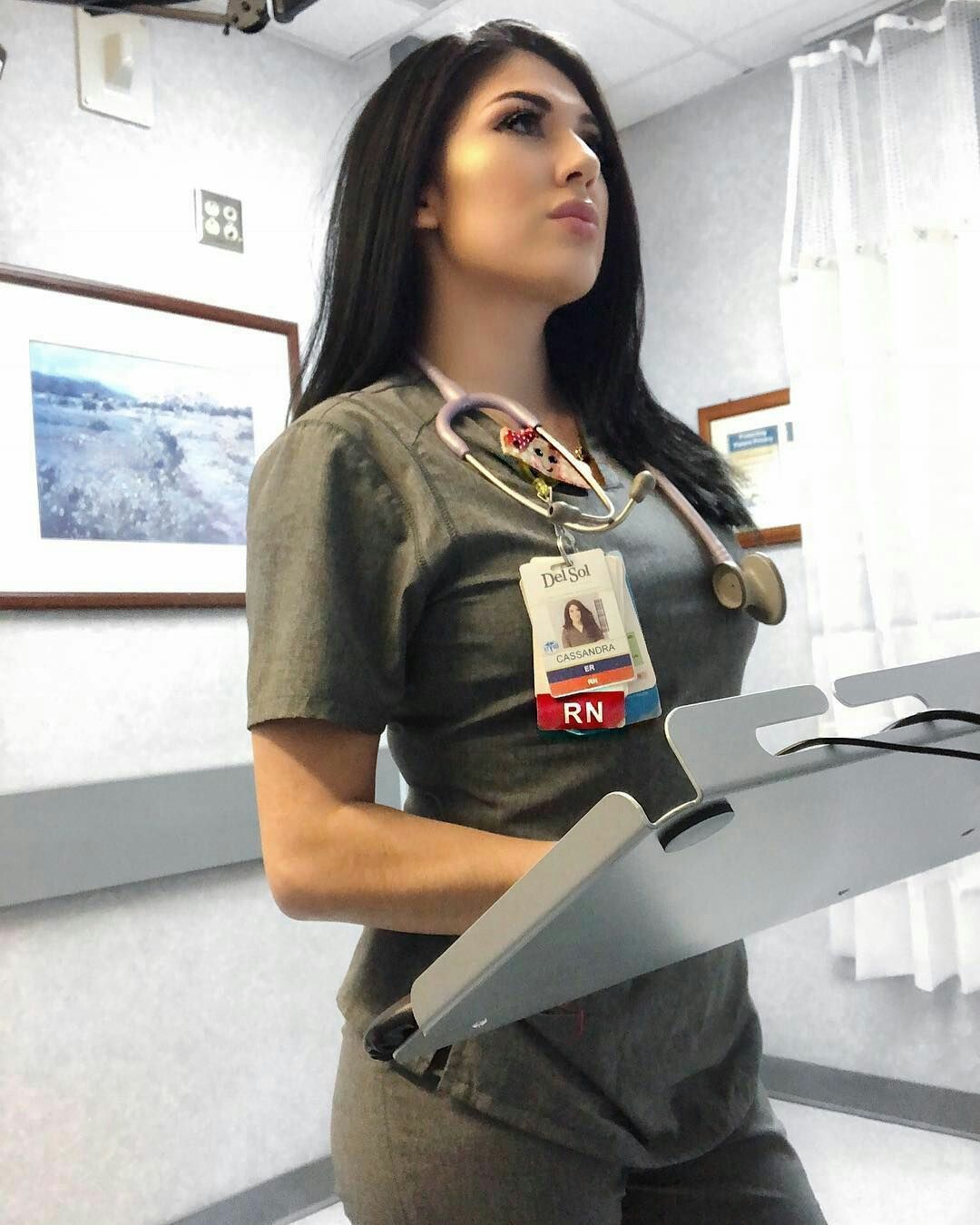
Nurses On Call
Registered Nurses
According to the U.S. Bureau of Labor Statistics (BLS), between the years of 2018 and 2028, job prospects for registered nurses will go up by 12%, translating to 210,400 jobs. This means that pursuing a career as a registered nurse is not only a great way to help people, but it is a solid choice as well.

Registered Nurses
One-Third Of The Workforce
In 2020, about one third of the workforce is comprised of one million registered nurses who are over fifty years old. About 70,000 nurses retire annually, and over the next 10-15 years, hopefully their vacancies will be replaces by fresh graduates.

One Third Of The Workforce
Lauren Drain
Lauren Drain is a trained registered cardiac nurse who is from Florida. In addition to this, Drain decided to pursue her passion for fitness and became a fitness model. She currently boats 3.6 million Instagram followers. We thank her for her hard work as a nurse.
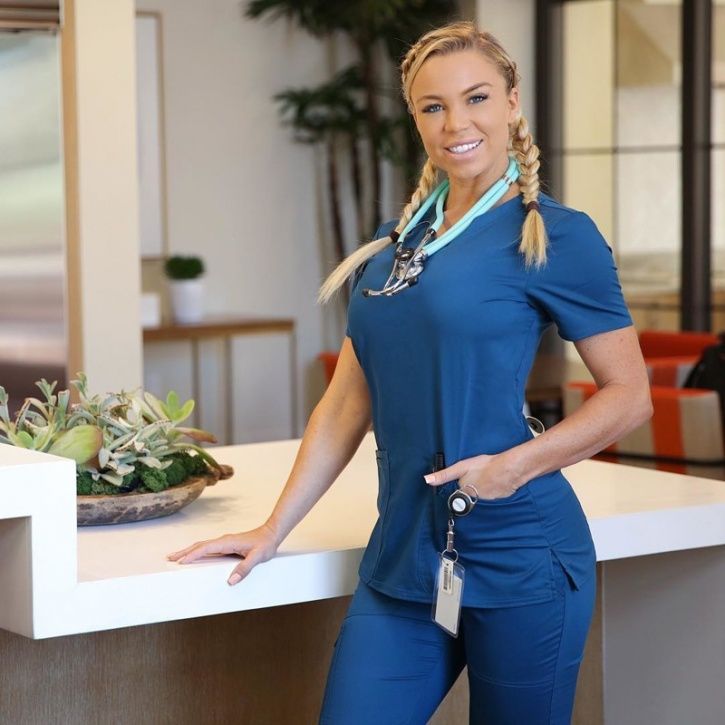
Lauren Drain
Different Kinds Of Nurses
There are a myriad of directions you can take upon becoming a nurse. There are operating nurses, nurse practitioners, travel nurses, and many more. The field is an ancient one, with the first records of nurse practices dating back from the Roman Empire in 300 AD.

Different Kinds Of Nurses
Nursing Roots
The word “nursing” comes from the Latin word “nutrire,” meaning “to nourish.” Meanwhile, the word “nurse” derives from the Latin word “nutrice,” which means “wet nurse.” The first time the word “nurse” as we know if was used was in the early 13th century, according to Thomas Lawrence Long, the director of UConn’s Nursing Learning Community.

Nursing Roots
First Secular Nursing School
Florence Nightingale was a British woman who managed nurses through the Crimean War between 1853-1856. She influenced how nurses are trained, educated, as well as perceived by the public. She opened the first secular nursing school at St. Thomas’ Hospital in London in 1860, which has since been renamed to the Florence Nightingale Faculty of Nursing and Midwifrey.
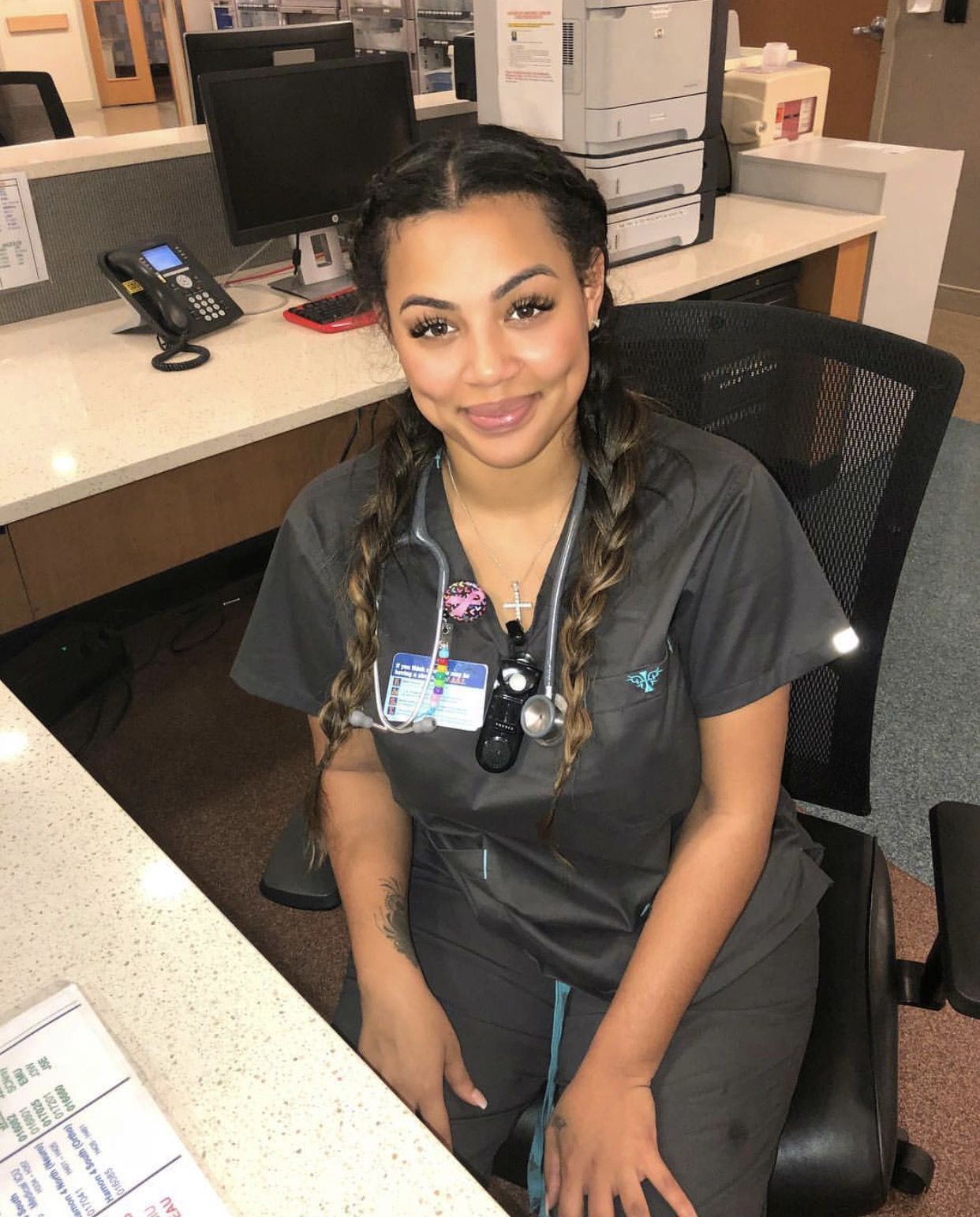
First Secular Nursing School
Founder Of The American Red Cross
The founder of the American Red Cross was Clara Barton, a nurse who founded the organization in 1881. She was previously a self-taught caregiver who helped those wounded in the American Civil War, treating Union soldiers and helping solve logistical issues that came up in the makeshift hospitals.

Founder Of The American Red Cross
National Nurses Week
Former President Ronald Reagan proposed a National Recognition Day for Nurses to be celebrated on May 6th annually. The American Nurses Association later extended it all the way through May 12th, which was also Florence Nightingale’s birthday and International Nurses Day.
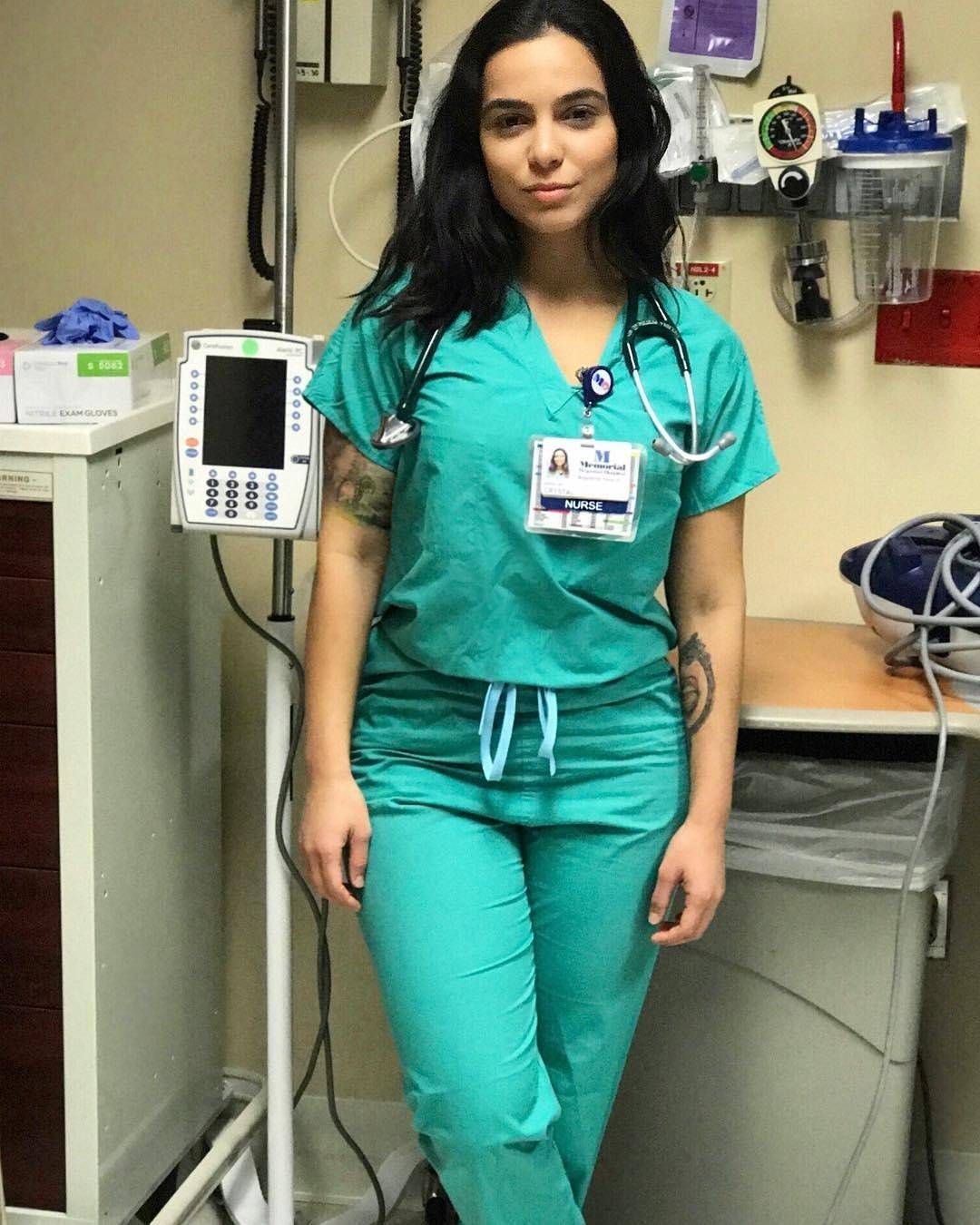
National Nurses Week
First Record Of Nurses
Nurses have been around for centuries, with the first records of their work dating back to the Roman Empire, which had hospitals that were quite advanced for the times. In the Middle Ages, the practice of nursing became more structured and systemic.

First Record Of Nurses
The Bellevue Hospital School Of Nursing
In 1983, the Bellevue Hospital School of Nursing in New York City was became the first established nursing school in the United States. The one year program was a trailblazer and a critical turning point in nursing in the United States. It would inspire many other nursing schools to follow, including the New England Hospital for Women and the Massachusetts General Hospital.

The Bellevue Hospital School Of Nursing
Walkathon
While there are many 5k runs and walkathons organized throughout the year, did you know that nurses walk an average of about 5 kilometers every single day at work? That’s about 3.2 miles per work day! These brave women and men deserve our utmost respect and gratitude.
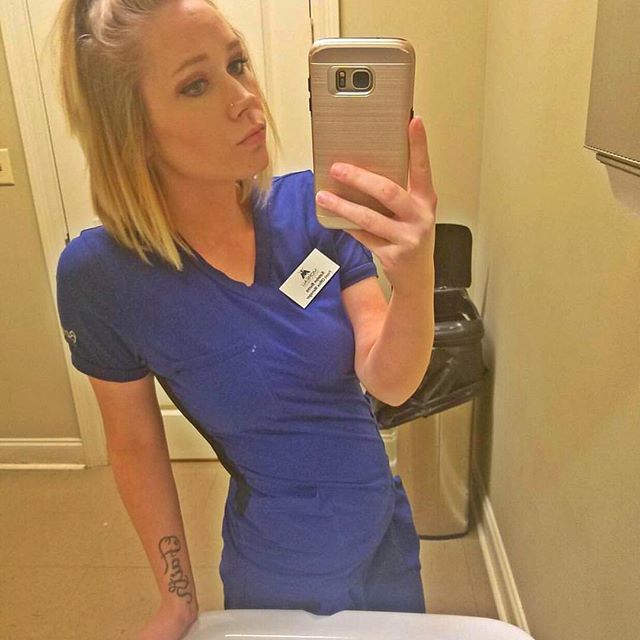
Walkathon
A Reputable Position
Nurses take up over 50% of the hundreds of thousands of student pursing a career in the healthcare related field. The reputable position is in high demand, but it is also quite rigorous. Students must take chemistry, anatomy, biology, and specialized classes before being able to start practicing.
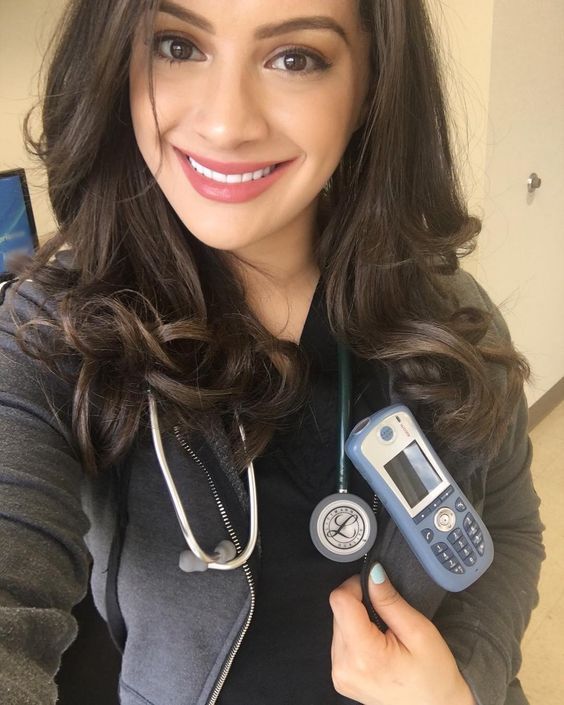
A Reputable Position
Travel Nurse
A travel nurse is one that works temporary jobs both nationally and internationally. This job is typically just like any other RN job, the difference being in that a traveling nurse is usually affiliated with an agency that will send them to a facility that needs more nurses. This is perfect for someone who loves to travel and doesn’t mind constant change.
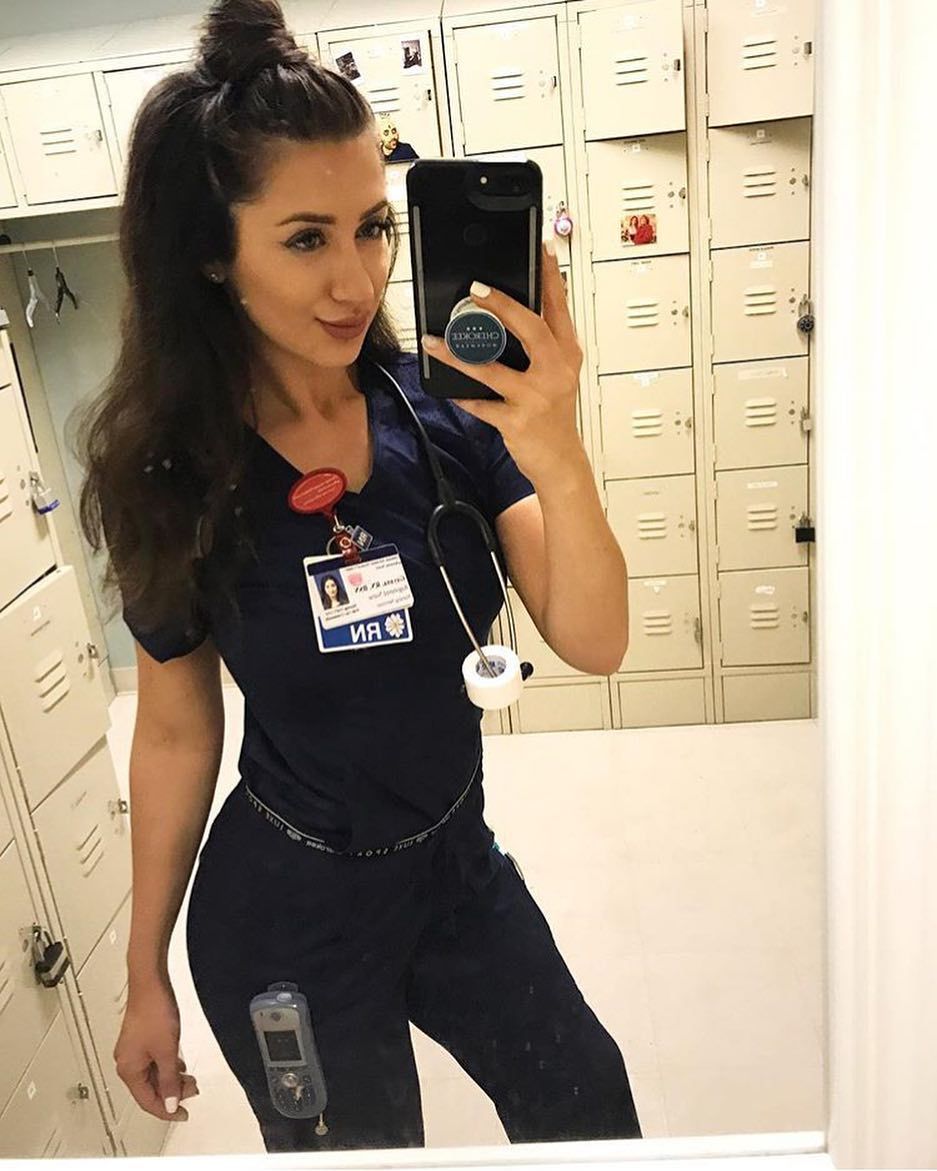
Travel Nurse
Nurse Practitioner
Nurse Practitioners (NP) will typically work alongside a qualified doctor, though that does not mean NPs do not have a huge responsibility entrusted to them. Their jobs are very similar to physician jobs, including diagnosing, prescribing medications, and discussing treatments with patients.
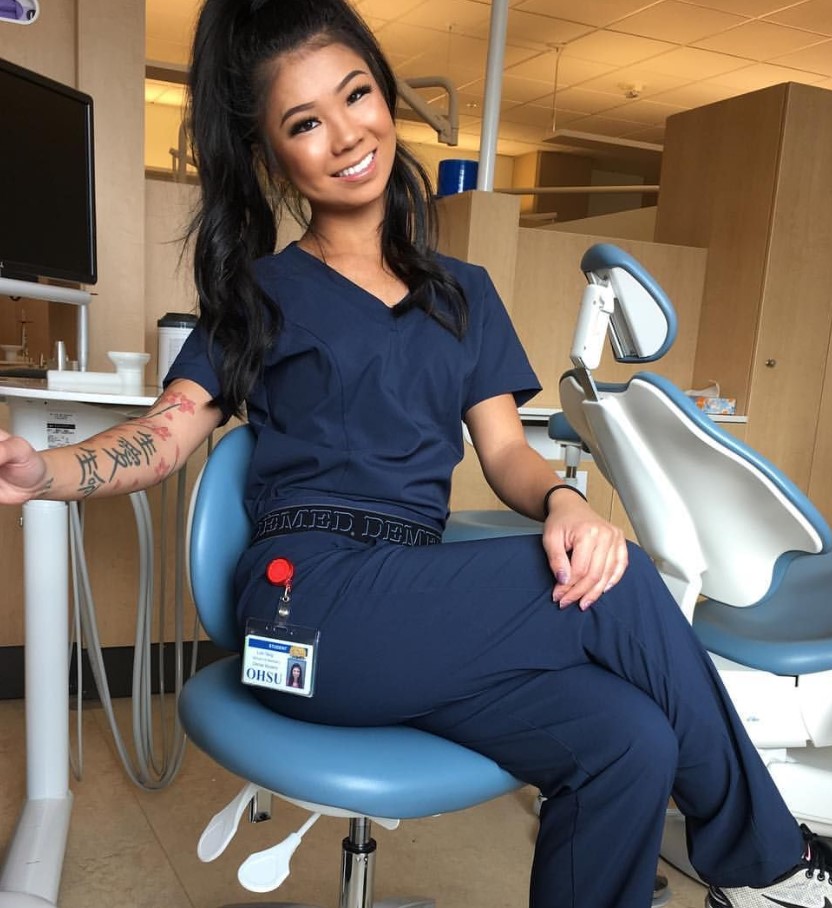
Nurse Practitioner
Intensive Care Unit (ICU) Nurse
Becoming an ICU nurse is no joke, and many ICU nurses work in specialized hospitals or wards. In order to become an ICU nurse, specialized training is required in order to quality for this position, as the job will often include saving people’s lives on a daily basis.

Intensive Care Unit Nurse
Medical-Surgical Nurse
Medical-surgical nurses are given a plethora of tasks, both technical and organizational. These nurses must be excellent at prioritizing and very organized. They will typically treat all types of issues but can also provide holistic care.

Medical Surgical Nurse
Emergency Room Nurse
Emergency room nurses are there to help out with trauma and injuries found at the Emergency Room. Often ER patients are in fragile or unstable condition and will sometimes have gone through traumatic experiences. In order to be an ER nurse, one must be able to handle intense pressure and be able to stay focused during potentially traumatic events.

Emergency Room Nurse
Operating Room Nurse
Operating room nurses are also sometimes referred to as preoperative nurses, who will help care for patients throughout a surgical process: before, during, and after. They will often have the critical job of providing communication between the doctor and patient and will be around for postoperative care.

Operating Room Nurse
Home Health Nurse
A home health nurse will provide patients will care at their own homes, so often the patients tend to be elderly or people with mobility or developmental issues. This type of position is perfect for nurses who prefer working outside of a hospital and want to provide individualized care to their patients.

Home Health Nurse
Post-Anesthesia Care Unit Nurse
Post-anesthesia care unit nurses will work with patients who are post-op as they are regaining consciousness after going through a surgery. PACU nurses will be there to help provide comfort and guide patients after their surgery experience.
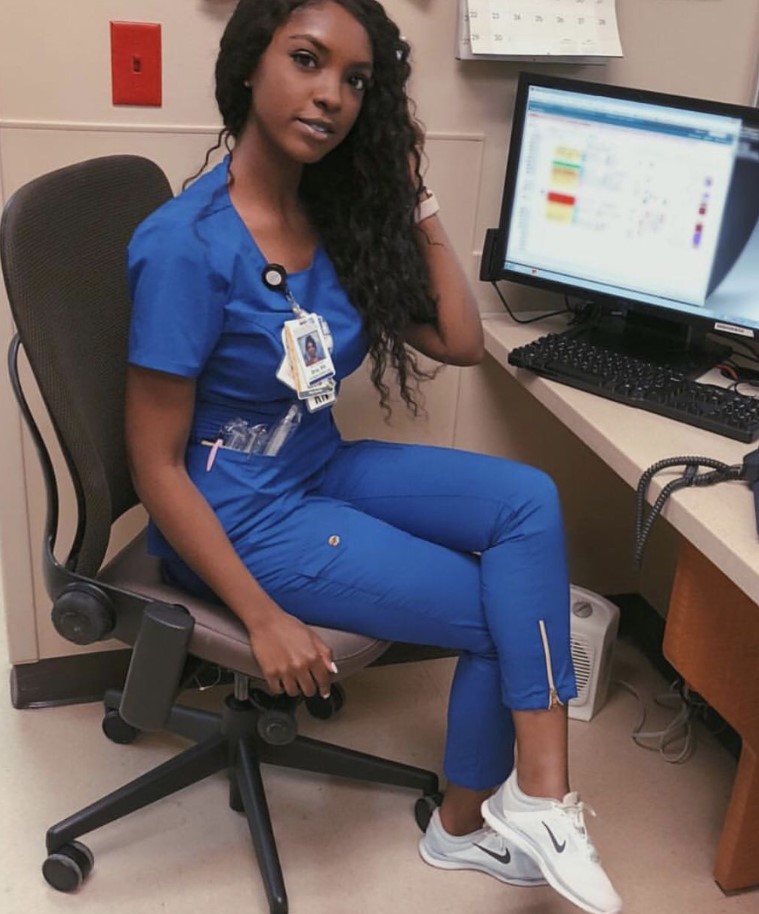
Post Anesthesia Care Unit Nurse
Nursing Assistant
A nursing assistant, or a CNA, will work with patients alongside a specialized nursing staff or staff member. They provide personal care such as bathing, dressing, aiding patients in going to the restroom, and even eating. This is a great starting out role and can be a great segway into a more permanent position.

Nursing Assistant
Telemetry Nurse
Telemetry nurses will work with patients who require 24-hour care and constant observation, and often are in critical condition. Also called progressive care nurses, they must be trained to monitor vital signs and will be properly trained with appropriate technologies, as well as have the ability to interpret data as necessary.
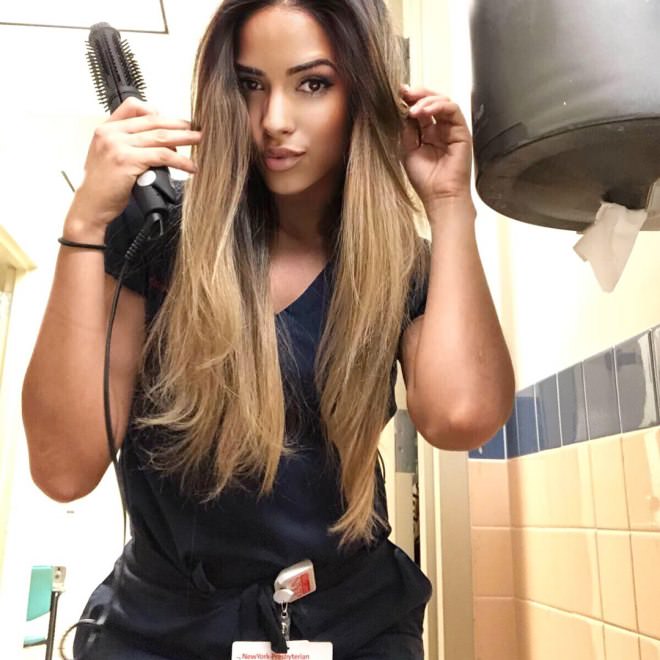
Telemetry Nurse
Nurse Manager
Nurse managers are in charge of supervising and organizing all that takes place on the floor. Their duties include assigning nurses to patients, ensuring care is spread out evenly, and will even be in charge of recruiting and retaining nurses. This position does not usually involve any direct patient care.

Nurse Manager
Pre-Florence Nightingale
Before Florence Nightingale made huge strides in the field of nursing, there was no set standard in the field. Nurses would often train through trial and error and typically did not have any formal education in patient care. Thanks to Nightingale, nursing has become a recognized profession.
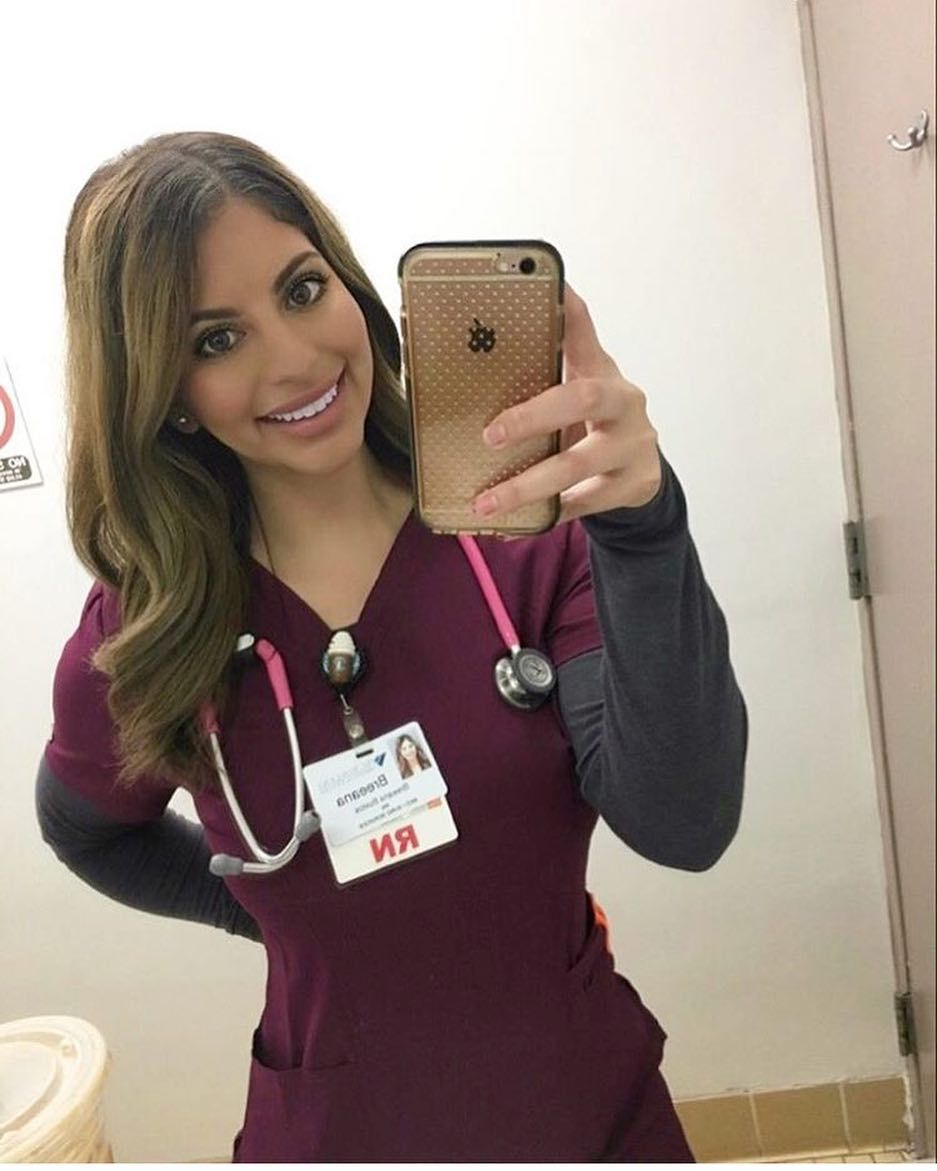
Pre-Florence Nightingale
Pediatric Nurse
Pediatric nurses work with infants, children, and teenagers. Their workload is similar to other nurses, but they will also typically administer vaccines and will treat common illnesses that are unique to children.

Pediatric Nurse
Dialysis Nurse
A dialysis nurse specializes in dialysis, which allows patients with kidney failure go through a process that allows their system to function and filter the waste their kidneys are not getting rid of alone. These nurses will aid patients and possibly prolong their lives, so it is quite the responsibility.
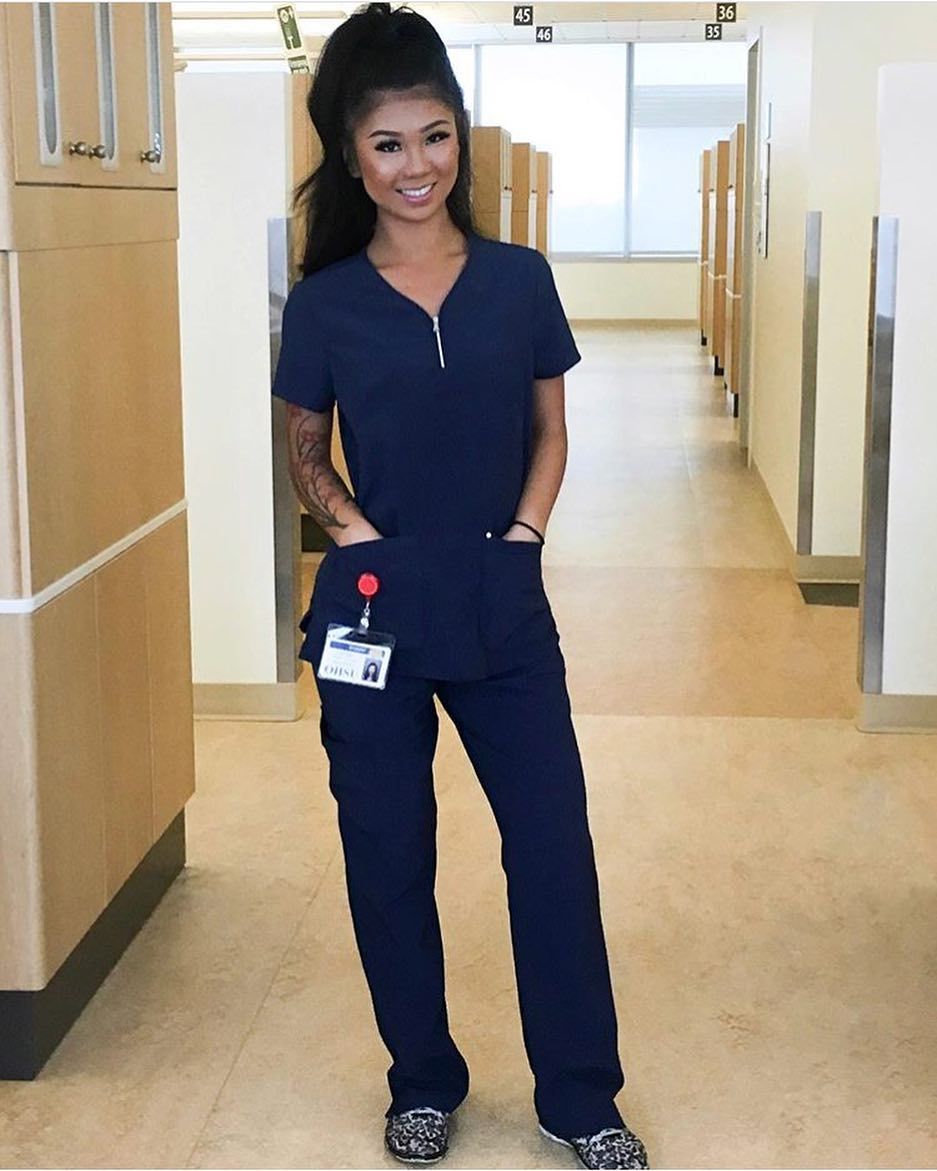
Dialysis Nurse
Licensed Practical Nurse
A licensed practical nurse performs many tasks while being supervised by a RN or a doctor. Typically they will check vital signs, give injections, and administer medicine. Being a LPN is a great way to get a foot in the door in the profession.
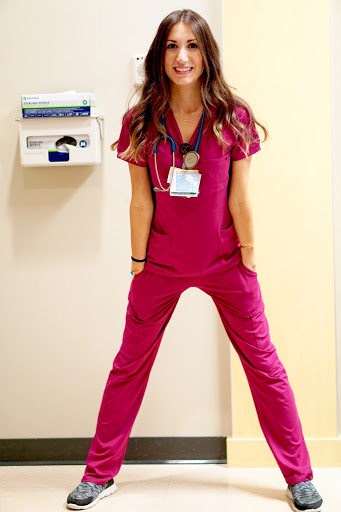
Licensed Practical Nurse
Nurse Case Manager
A nurse case manager will usually coordinate long term care for patients in order to keep them healthy once they are no longer in the hospital. They will help people with diseases such as cancer, or will work with certain populations like geriatrics.
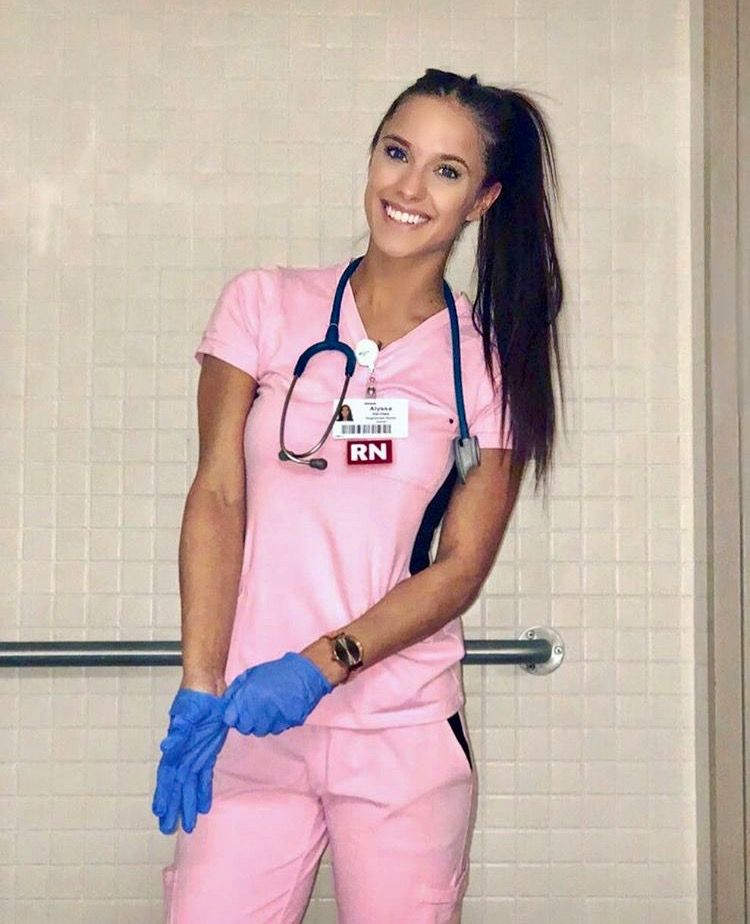
Nurse Case Manager
Neonatal Intensive Care Unit (NICU) Nurse
One of the toughest nursing jobs out there is the neonatal intensive care unit (NICU) nurse. These nurses will aid with premature and ill newborns, who tend to be quite fragile and require much cautious care. Therefore, NICU nurses are highly specialized and trained before they are able to work in this field.

Neonatal Intensive Care Unit (NICU) Nurse
Staff Nurse
Staff nurses work in a wide variety of settings including outpatient facilities, critical care, rehab centers, and psychiatric facilities. Some of their responsibilities include direct patient care, performing IV therapy, and administering medications.
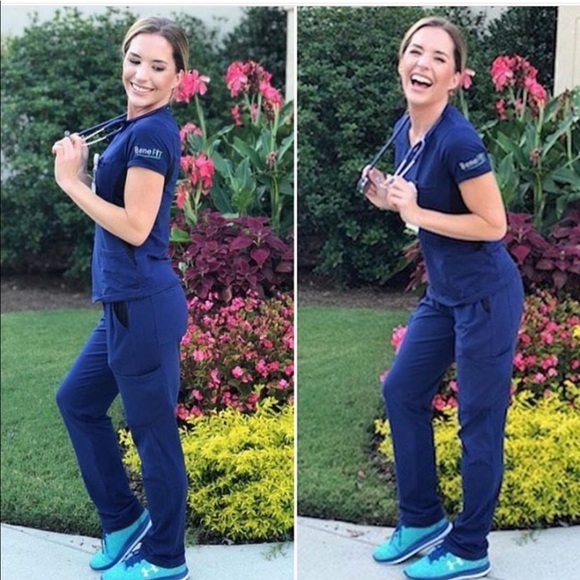
Staff Nurse
Labor & Delivery Nurse
A labor and delivery nurse will help bring new life into the world and help care for mother and baby during labor, childbirth, and post-delivery. They can help induce labor, give epidurals, time contractions, and also educate the mother with proper nursing techniques.

Labor & Delivery Nurse
Oncology Nurse
Oncology nurses provide help with cancer patients as well as those at risk for the diseases as well. They will usually administer chemotherapy sessions, prescribe medications, monitor patients’ physical conditions, and more.
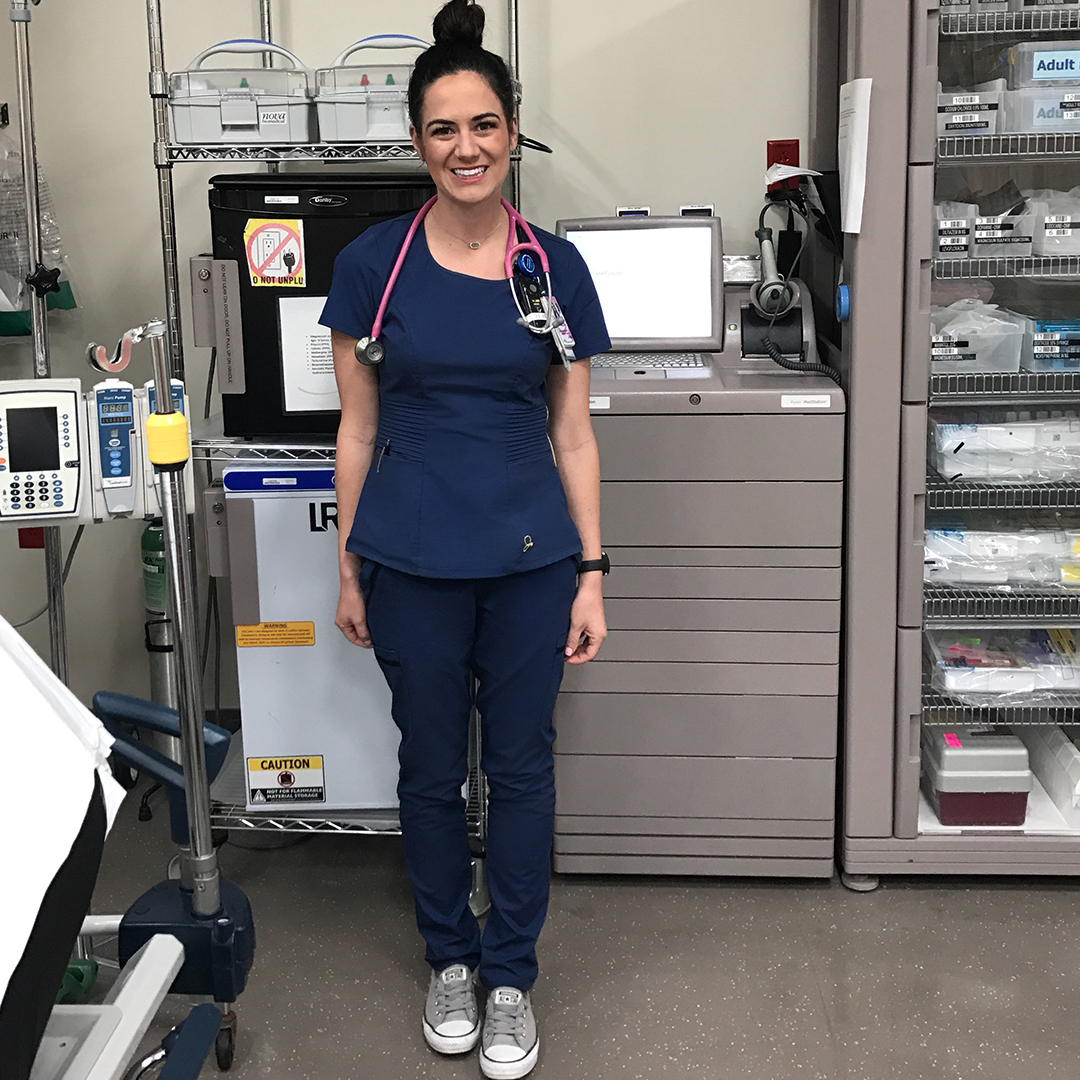
Oncology Nurse
Psychiatric Nurse
A psychiatric nurse will play a vital role in the care of patients and their families who are dealing with a myriad of mental health illnesses. They will discuss symptoms, provide care plans, give medications, keep patient charts up to date, facilitate group therapy, and much more.

Psychiatric Nurse
Radiology Nurse
Radiology nurses, often called radiologic nurses and medical imaging nurses, will work with patients who will be undergoing diagnostic imaging procedures and radiation therapy. Working closely with physicians as well as radiologic technologists, they help educate patients and prepare them for X-rays, MRIs, CT scans, ultrasounds, and more.

Radiology Nurse
School Nurse
Schoo nurses work with students and help support students’ learning while in school. They will provide care fo students who are hurt or ill during the school day. They are vital in making sure illnesses and injuries are avoided, as well as promoting healthy practices among students and other staff members.
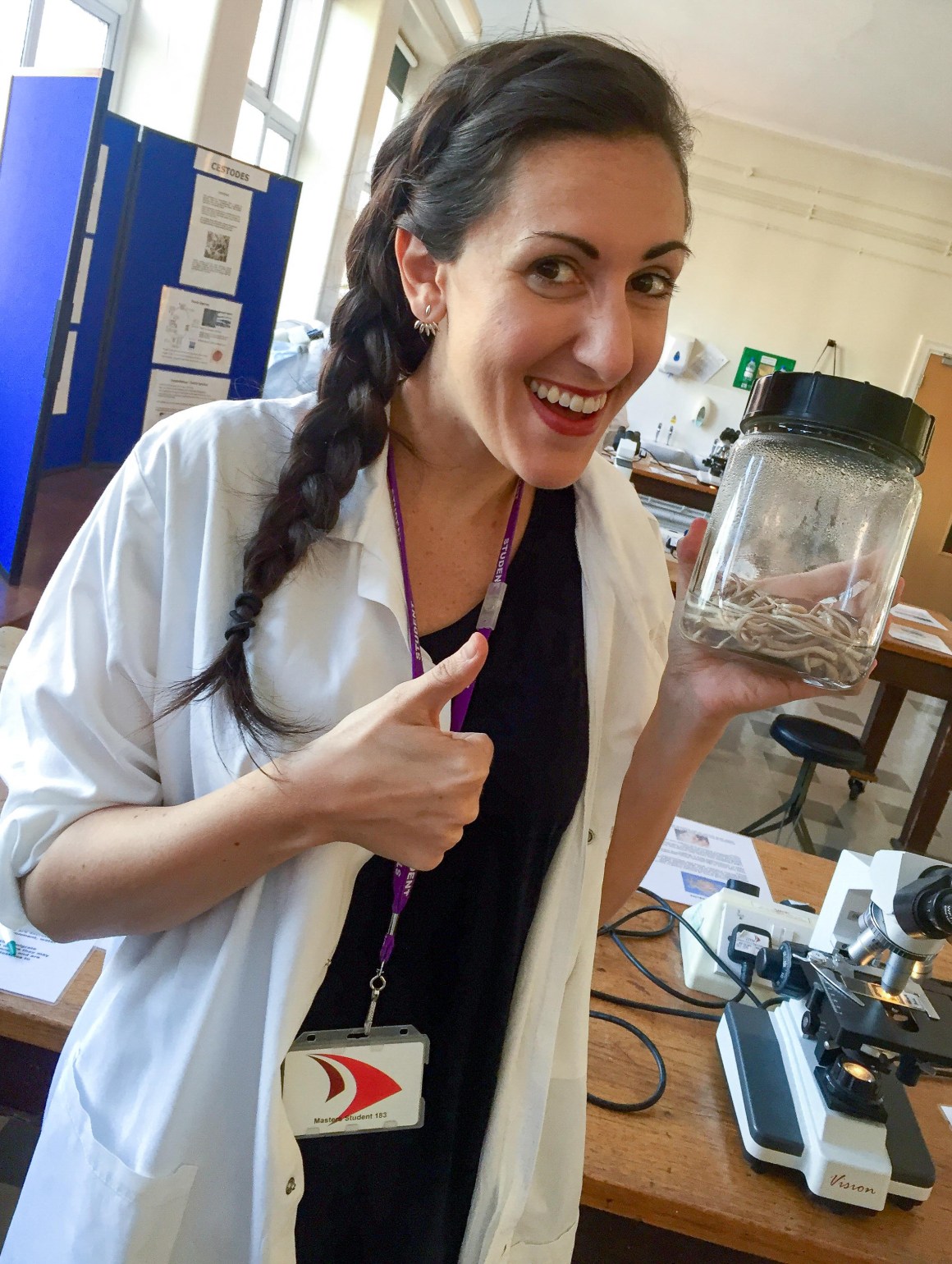
School Nurse
Nurse Anesthetist
A certified registered nurse anesthetist (CRNA) is an advanced practice registered nurse who is responsible for administering anesthesia to patients. This will usually before, during, and after medical procedures. This nurse will come up with the best plan for the patient as well as administer the anesthesia and monitor the patient’s progress and vitals throughout the procedure.
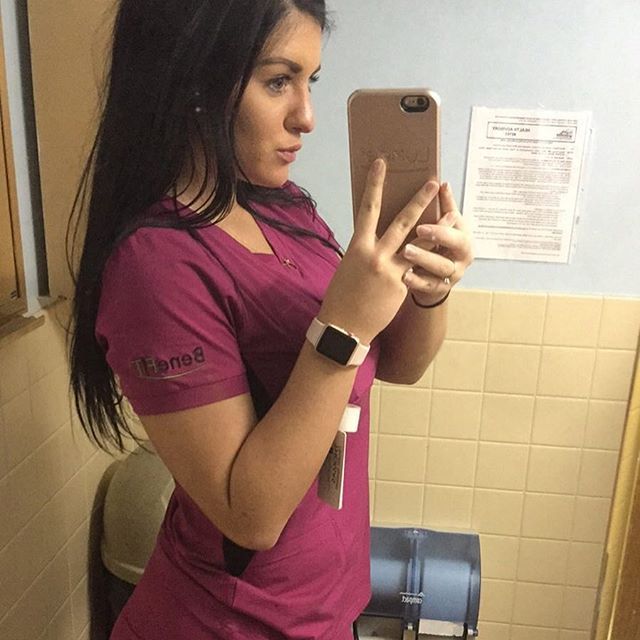
Nurse Anesthetist
Cardiovascular Nurse
A cardiovascular nurse will work with patients who have heart or blood vessel diseases. These nurses usually work at the ICU with patient who have life-threatening arrhythmias, have gone through open-heart surgeries, or have suffered myocardial infarctions.

Cardiovascular Nurse


